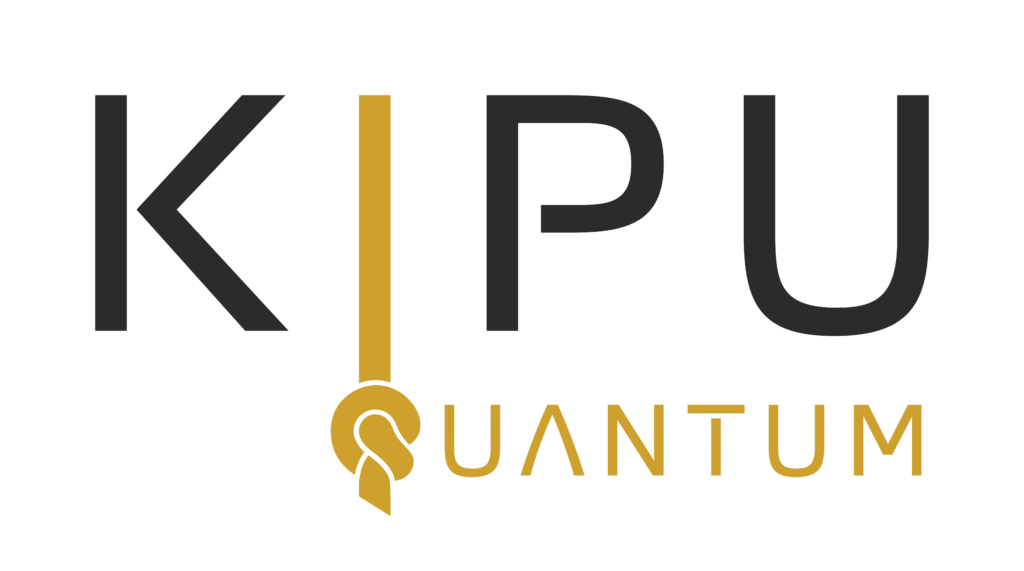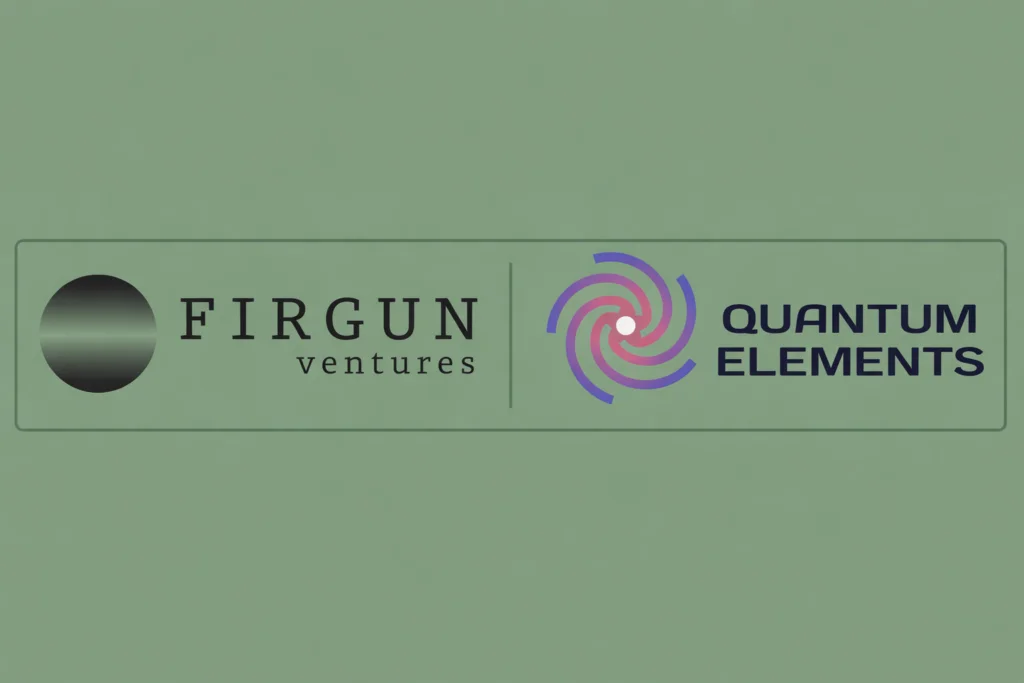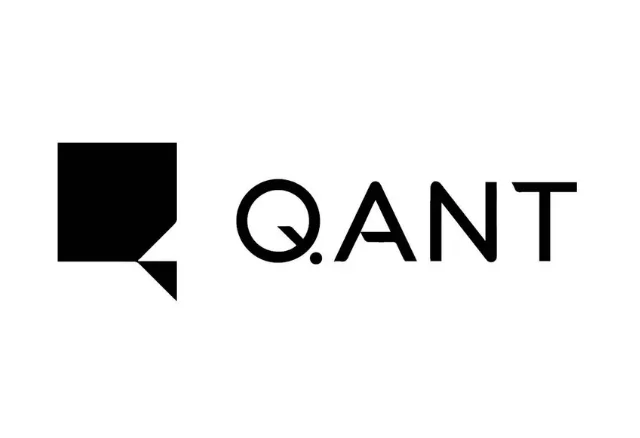Understanding the Quantum Industry
The quantum industry, while still in its nascent stages, holds the potential for significant impacts on technology and society. Quantum computing (QC), one of the most talked-about applications, could revolutionize many fields like machine learning (ML) and cryptography. These computers, leveraging the principles of quantum mechanics, promise to process complex calculations at speeds unattainable by classical computers. However, it’s important to note that practical, widespread applications are still many years away, as the technology is in its early developmental phase.
In 2023, the quantum technology market, including quantum computing, attracted just north of $1 billion in new private capital through close to 80 disclosed funding rounds, indicating a growing interest in this sector. This investment distribution reveals an emphasis on different aspects of the quantum industry: 48% of the total investment went to quantum computing hardware components, 18% to quantum computers, and 22% to quantum sensing and imaging. Software development in quantum computing accounted for 6% of the investment. These figures underscore the complexity and diversity of the quantum technology market.
Overall, while the quantum industry promises groundbreaking advancements across various fields, it’s crucial to recognize that these technologies are still in their infancy. Their full impact on technology and society will unfold over several years as research and development continue.
Quantum Technology Applications
Quantum technology offers significant potential for innovation in various sectors including computing, communications, and sensing. Quantum computing, using qubits, offers vast processing power, significantly surpassing traditional computing. This technological leap has garnered interest from major companies and governments, evidenced by Google’s Sycamore achieving “quantum supremacy” in 2019 and other milestones since then.

However, challenges in hardware, error correction, and scalable systems persist. Despite these, quantum computing is poised to drive major industry transformations and demands attention from businesses and professionals to harness its future impact. The technology stack for quantum computing involves various layers, including end users accessing quantum devices through interfaces, Quantum Processing Units (QPUs) using multiple qubit implementations, and the overlap of quantum compilers and application interfaces. Control hardware and software are crucial for operating quantum devices. The stack also includes classical processing units (CPUs) and graphical processing units (GPUs) in addition to quantum processors.
In quantum communication, concepts like quantum internet are emerging. This technology could potentially offer unprecedented levels of security, using quantum cryptography to create unbreakable encryption. However, as with computing, these are early days, and the practical realization of a quantum internet is a long-term goal.
Nevertheless, it also poses challenges to existing encryption methods. Quantum communications, leveraging quantum key distribution (QKD), could potentially enhance security. Meanwhile, quantum sensing could revolutionize fields like medical imaging and navigation. These technologies, though promising, are not yet fully realized and face obstacles like high costs and technical complexities.
Another area where quantum technology could have far-reaching effects is in quantum sensing applications, such as advanced medical imaging, which could vastly improve diagnostic techniques, offering higher precision and sensitivity. Still, these technologies are under continuous development and are not yet ready for widespread clinical use.
Quantum’s Impact on Industries
Quantum technology, at the forefront of heavy engineering trends, promises industry transformation. It’s in the early development stages, but its potential spans from revolutionizing material development and natural resource exploration to enhancing security.
Quantum computing is especially notable for its advanced simulation capabilities and optimization calculations, aiding sectors like logistics, finance, and transportation. It also has implications for cybersecurity, with the capacity to break and reinforce encryption methods. As industries and governments invest and explore its applications, quantum technology’s role in future innovations is becoming increasingly significant.
Investment spans various hardware components, including dilution refrigerators, vacuum chambers, and coaxial cables. There’s significant investment in quantum software interfaces and Quantum Computing as a Service (QCaaS) offerings. Diverse qubit modalities received investment, with silicon (38%), photonics (27%), and neutral atoms (20%) leading the way, as of 2023. The private investment in Quantum Processing Units (QPUs) varied by modality, indicating the sector’s evolving nature.
Challenges and Limitations in the Quantum Industry
Quantum computing has made impressive progress but faces significant challenges before becoming widely practical. These include managing qubit decoherence, developing error correction techniques, scalability, hardware, and software advancements, interfacing with classical computers, establishing standards and protocols, increasing the trained workforce, and managing high costs. Despite these hurdles, ongoing research and investments suggest a gradual overcoming of these obstacles through small advancements and collaborative efforts across various sectors.
The investor landscape in the quantum industry is diverse, with a range of investors, including venture capitals, corporate VCs, and government offices. Some sector specialists and consistent investors are emerging, with a notable focus on early-stage ventures in deep physics and quantum technologies. Investment is not limited to private capital but also includes substantial government funding and corporate investment.
What Does the Future Hold for the Quantum Industry?
Most experts in the industry expect significant advancements in quantum computing within the next decade, particularly in achieving a quantum advantage over conventional computing for specific applications. However, there’s no clear consensus on which qubit technology will dominate. Gate-based quantum computers are seen as the most promising, but other types remain contenders. The development pace is expected to reach operational levels by the 2030s, yet widespread commercial availability remains uncertain. Factors like resource availability and geopolitical climate are crucial in shaping the future of quantum computing, with potential impacts on development and international cooperation. The quantum computing landscape is still evolving, with uncertainties around technology maturity and geopolitical stability.
Despite a decrease in private investment in 2023, returning to 2019/2020 levels, the sector remains robust. Government initiatives and funding are critical for the quantum technology sector, with over 33 governments having ongoing quantum technology initiatives. The future outlook suggests a continued interest in quantum technologies, with expectations of more technical and engineering breakthroughs, increased government procurement, and a possible evolution in venture capital focus towards deep tech.
Key Players in the Quantum Industry
In the quantum computing sector, key players are the big corporations which include IBM, Google Quantum AI, Microsoft, AWS, Alibaba Group, Atos Quantum (EVIDEN), Baidu, and Intel. Each entity brings unique contributions and advancements to the field:
- IBM offers cloud-based quantum computing services and is constructing a quantum data center in Germany.
- Google Quantum AI focuses on integrating quantum computing with machine learning, known for claiming quantum supremacy in 2019.
- Microsoft develops quantum software and hardware accessible via Azure, exploring quantum programming languages and qubit technologies.
- AWS (Amazon Braket) provides a platform for accessing various quantum computers through the cloud, facilitating research and software development.
- Alibaba Group has established a quantum computing laboratory in Shanghai, focusing on open-source initiatives and quantum algorithm development.
- Atos Quantum (EVIDEN) offers the Quantum Learning Machine, a system for simulating quantum systems, and is involved in quantum hybridization projects.
- Baidu runs the Baidu Quantum Computing Institute, developing quantum computing software and hardware solutions, including a quantum hardware-software integration solution called Liang Xi.
- Intel, known for semiconductor expertise, is working on ‘hot’ silicon spin-qubits and other quantum technologies, collaborating with academic and research institutions.
Each company is making progress in the field, yet the future of quantum computing remains in development with various technical and geopolitical factors influencing progress.
2023 has seen the quantum technology market receive significant investment, distributed across various sub-sectors with the majority going into full-stack quantum companies, drawing attention to the sector’s capital intensity. This investment trend reflects the complexity of the quantum computing technology stack, which includes various layers already mentioned. Funding, too, with its diverse investor landscape includes venture capitals, corporate VCs and government offices, giving credence to the sector’s evolving nature and the importance of government initiatives in funding.
Let’s hope 2024 can be even better for the industry!
Featured image: Intel
If you found this article to be informative, you can explore more current quantum news here, exclusives, interviews, and podcasts.















